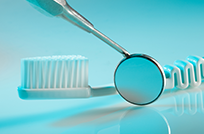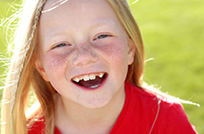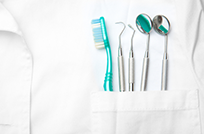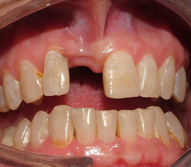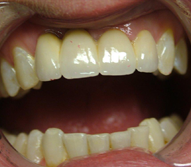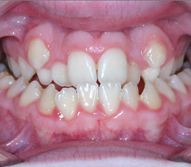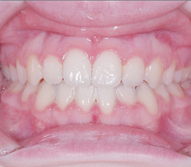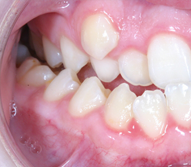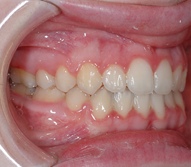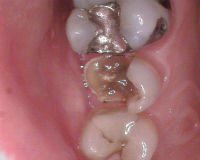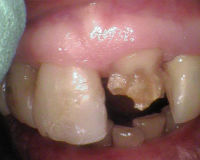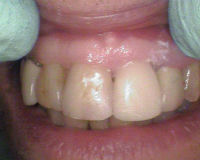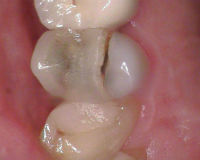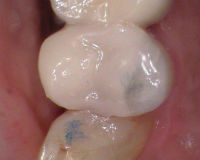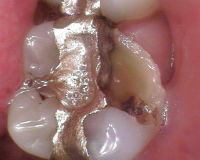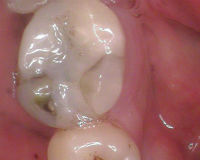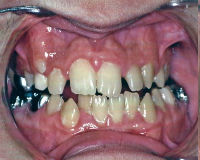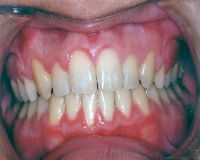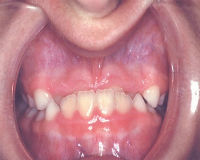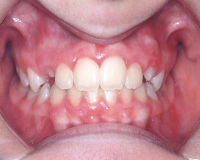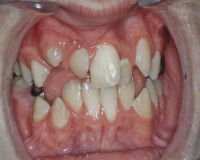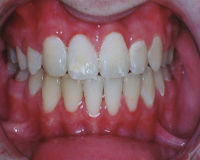When Do Babies Get Their First Teeth?
When your baby starts to drool and fuss that could mean your little one has started teething. Excessive drooling and crankiness is a sign that in the coming weeks a tooth will be popping through the gums. Teething symptoms can begin as early as three months and most babies sprout their first tooth around six months. Caring for your baby’s teething gums is an important step for your child’s oral health. Although baby teeth (primary teeth) are temporary, they are a placeholder for your child’s adult teeth. Keeping the primary teeth free of decay is important because it could lead to troubles chewing and speaking clearly.
Is your baby teething? Check out the teething timeline, symptoms and remedies to soothe your little one’s gums below.
Teething Timeline
When babies get their first teeth, they usually erupt in pairs. Here is a timeline to help guide you through the teething process:
- 3 Months - It is normal for the teething process to start any where from 3-12 months
- 6 Months - The lower central incisors (bottom front teeth)
- 8 Months - The upper central incisors (top front teeth)
- 10 Months: The lower and upper lateral incisors (teeth next to the middle teeth)
- 14 Months: The first molars, upper and lower come in around the same time
- 18 Months: The canines, the upper and lower pointed teeth
- 24 Months: The second molars, the very back teeth
Teething Symptoms
Drooling
Teething increases a baby’s salvia production, which means excessive drooling. The constant moisture can cause chafing, redness, and rashes around the baby’s chin and mouth.
Gum Swelling and Sensitivity
Before a primary tooth erupts, a baby’s gums can become red, swollen, and appear to be bruised. The surrounding gums where the tooth is about to come through will appear to bulge.
Ear Pulling
Also associated with ear infections, ear pulling can be a symptom of teething. The muscles of the jaw are connected to the ear canal, which means pain can be transferred from their jaw to their ears.
Irritability or Fussiness
Teething babies can become extremely cranky when cutting teeth. It can be very hard to settle your little one for a nap or bedtime because of their swelling gums.
Biting or Gnawing Behaviour
The discomfort of erupting baby teeth can sometimes be relieved by the use of counter-pressure. This is why babies begin to chew and gnaw away at things within reach.
Change in Eating Habits
A baby’s eating habits can also be a sign of teething. Babies who are eating solids may refuse food because the spoon can irritate their swollen gums. While other babies may start eating more because the counter-pressure relieves the pain.
If you have any questions or comments, please contact us by clicking the button below!


